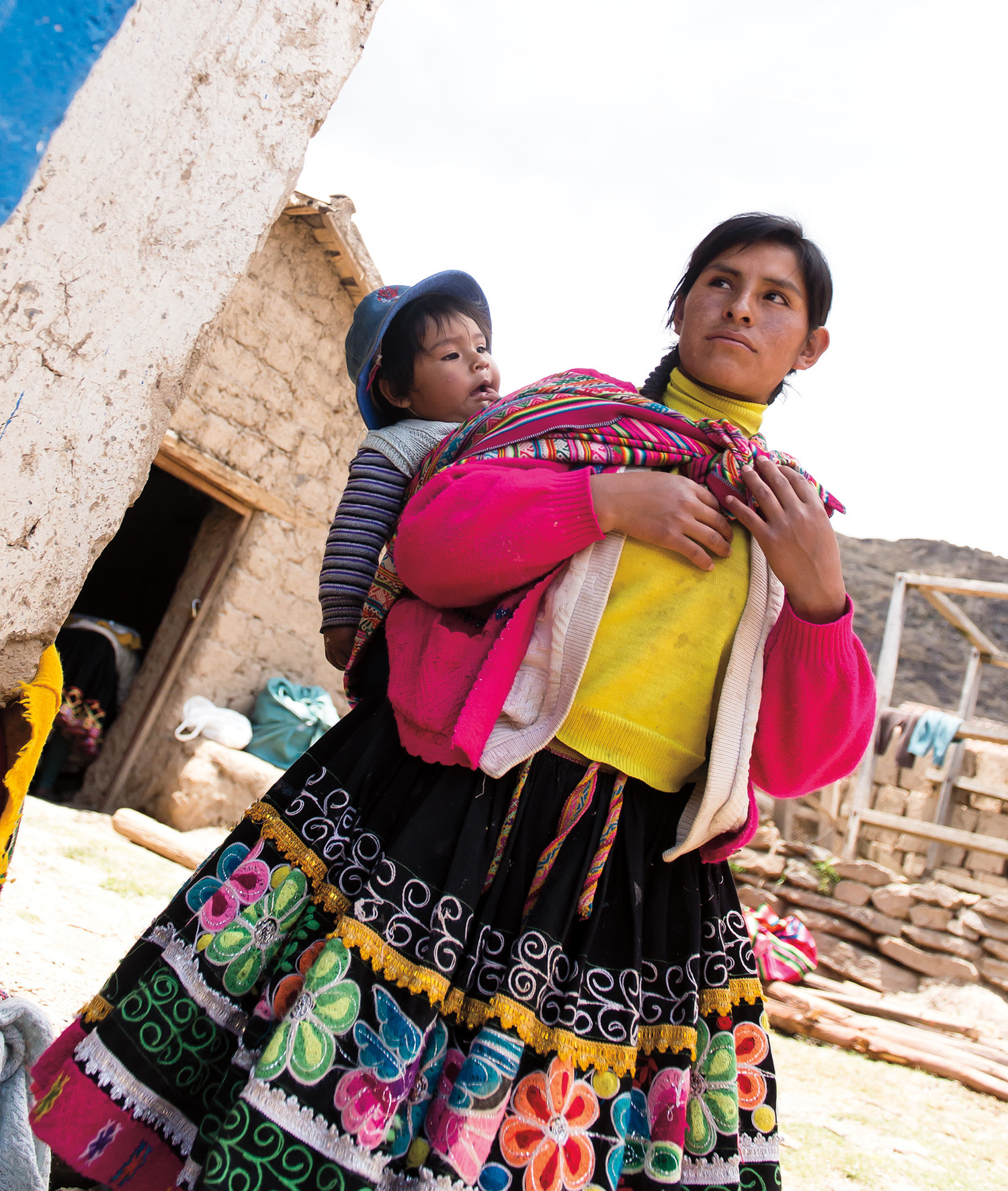"David, how long did it take you to learn Numanggang?”
I have often been asked this question by our friends, family and partners back in the U.S. Questions like that require a story-based response.
We had been in the village of Tumun for about three years. I was gaining confidence and communicating quite a bit, although the grammar still baffled me. One afternoon, I took a break from studying Numanggang and pondering the meaning of the language’s strange words. A hike up the mountain, with breathtaking views from the ridge above the villages, always cleared my head. The people called it naŋgat kaika (“refreshing the blood”)—what a perfect phrase.
As I trekked along the lonely dirt road that serves as the only route in and out of Numanggang territory, I met a boisterous group of little boys.
My eyes rested on Ekite, who was proudly holding a dead bird in one hand and a slingshot in the other. The cadre of small wannabe hunters was trooping along after their hero in hopes of sharing the meal. Proudly, they exhibited their catch. It didn’t look like dinner to me. I stared at the bird’s forlorn chicks being handled roughly by the boys.
On the other hand, Gatiwin, a young man who had been helping me learn the language and translate the Gospel of Mark, was studying me. Apparently, my face was much more interesting than the distressed birds and he suddenly blurted out, “Yakei Bulaniŋgoŋ nadilak!” (Goodness! He’s feeling sorry!)
Two very significant things happened at that instant.
First, I was publicly demoted to an outsider again. It didn’t matter that I had remembered the words for the bird and the slingshot because I wasn’t thinking like a Numanggang man. Humility follows disgrace, so perhaps that was a good thing for me.
Secondly, this was an epiphany. I had discovered that bulaniŋgoŋ means more than to be sorry. It also means to feel compassion. Now I had a word to represent God’s compassion for us. He deeply cares when He sees us being mauled by difficulties, tragedy, poor choices, sorrow, illness and the enemy of our souls. “When Jesus saw the very large gathering of the people, his heart was broken for them and he knew bulaniŋgoŋ for them and he healed the people who had sicknesses/diseases” (Matthew 14:14).
Learning a language is really a misnomer. One doesn’t learn a language. One learns a culture. A good deal of it is below the level of conscious thought—gestures, attitudes, mores—all the little nuances of what is considered normal and acceptable. In fact, it is a new way of thinking, maybe even of being. In other words, I am still becoming Numanggang.
Maybe, by the time we finish translating the Scriptures, I will have reached the status of a Numanggang warrior. But probably not—I’ll most likely still be learning.
•••••
Wycliffe’s David and Yohana Hynum have served as translators, literacy workers and friends among the Numanggang people of Papua New Guinea since 1978.
